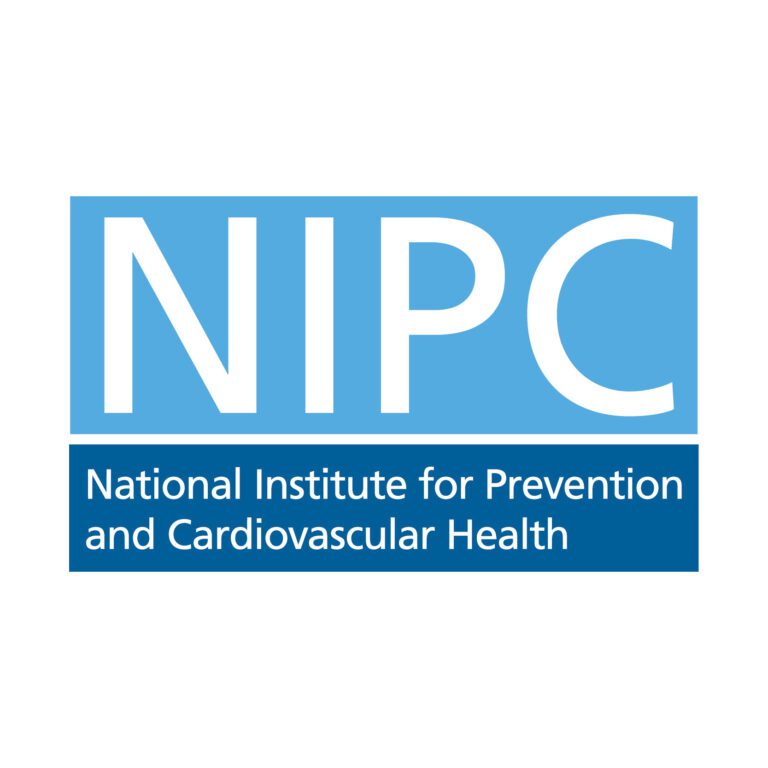[vc_row][vc_column][vc_column_text]
39% of heart attack survivors are obese, 40% still have high blood pressure and 56% do not have their cholesterol controlled up to 24 months after attack
44% of survivors didn’t get flu vaccine last year, despite flu being a trigger for heart attacks
43% of smokers with heart attacks continue to smoke
Today, the National Institute for Prevention and Cardiovascular Health in Galway, revealed that a new nationwide study of Irish patients who have survived a recent heart attack shows that while some have tried to change their habits, many aren’t succeeding in minimising the risk factors which contributed to the heart attack in the first place.
- 43% of those who smoked at the time of the heart attack are still smoking up to 24 months later[1]
- 39% are obese up to 24 months after
- 50% have central obesity which is where the fat is concentrated around the waist (Waist circumference >=102 cm for men or >=88 cm for women)
- Of those who were obese, more than 30% had never been told that they were overweight by a medical professional
- 31% never or rarely take regular activity long enough to work up a sweat
- 40% still have raised blood pressure; despite nearly 22% measuring their blood pressure at home
- 56% didn’t reach the goal of reducing their LDL (low-density lipoproteins) cholesterol to below 1.8mmol/L[2]
- Of those with diabetes, 39% didn’t manage to reach the recommended blood sugar level goal of % HbA1c<7%
- 44% didn’t get the flu vaccine last year
- 87% were attending a cardiac prevention or rehabilitation programme for at least half of the sessions
- There was wide variability in risk factor control across the 9 sites, suggesting that a standardized national cardiovascular prevention programme would be one solution to the generally poor control of risk factors seen among Irish heart attach survivors.
“This research shows that in certain aspects our health system is making a positive difference to the lives of patients who have recently survived a heart attack. However, many patients are still struggling with blood pressure, weight, cholesterol, exercise and smoking cessation issues,” said Prof. Bill McEvoy, Professor of Preventive Cardiology, NUI Galway and Medical and Research Director, National Institute for Prevention of Cardiovascular Health at the Croí Heart and Stroke Centre (NIPC).
“Survival of a heart attack is a second chance at life, but only if risk factors are managed. While we’re seeing better lifestyle habits in some patients, a considerable proportion – if not half – of Irish heart attack survivors are still not making the changes required to prolong their lives. The health system also needs to do more to standardize care for these patients,” concluded Prof. McEvoy.
[1] Overall just under 10% of the group were currently smokers, but the 43% represents patients who continued to smoke after a heart attack.
[2] LDL is sometimes referred to as the ‘bad’ cholesterol which leads to a build-up of cholesterol in the arteries
[/vc_column_text][/vc_column][/vc_row]
